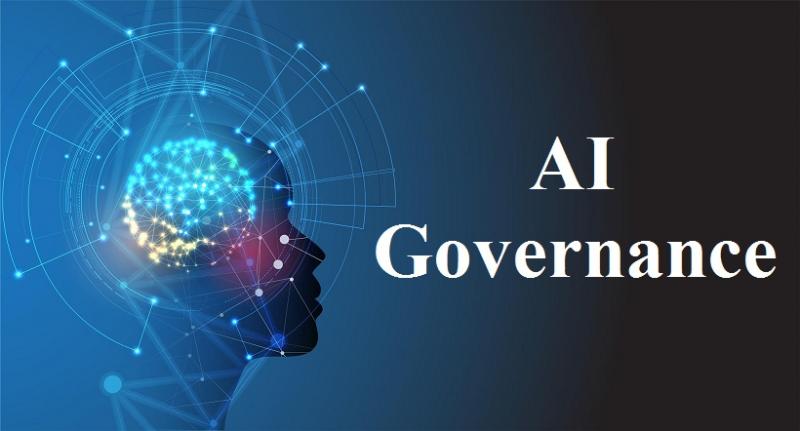Major Nations Forge Pact on AI Governance
In a significant development aimed at mitigating the potential pitfalls of artificial intelligence (AI), the United States, China, and the European Union announced a collaborative effort to establish a framework for global AI governance. This initiative comes amidst growing tech tensions between these economic powerhouses, highlighting a shared recognition of the need for international cooperation in navigating the complexities of advanced AI.
The primary focus of this collaboration will be on addressing the risks associated with sophisticated AI systems, like the recently launched large language model, ChatGPT. ChatGPT's ability to generate human-quality text has sparked concerns about its potential misuse in spreading misinformation and creating deepfakes. The collaborative effort will likely explore measures to ensure the responsible development and deployment of such powerful AI tools.
Specific details regarding the proposed framework remain undisclosed. However, experts anticipate it will address issues like algorithmic bias, transparency in AI decision-making processes, and the ethical implications of increasingly autonomous AI systems. Additionally, the framework is expected to establish international standards for data privacy and security in the context of AI development and use.
This agreement on AI governance represents a crucial step towards fostering international collaboration in a domain fraught with potential risks and ethical dilemmas. The cooperation between these major powers signifies a shared understanding of the transformative potential of AI, alongside a collective commitment to harnessing its power responsibly.
The success of this initiative hinges on the ability of the participating nations to bridge their existing technological and ideological divides. The United States has historically championed a market-driven approach to AI development, while China has emphasized stricter government control. The European Union, on the other hand, has prioritized robust data privacy regulations. Finding common ground on these issues will be essential for establishing a truly comprehensive and effective framework for global AI governance.
The ramifications of this agreement extend far beyond the realm of technology. A successful framework for AI governance has the potential to foster international cooperation in other critical domains, such as cybersecurity and climate change. Conversely, a failure to reach consensus could exacerbate existing tech tensions and lead to a fragmented global approach to AI development, potentially hindering innovation and creating new geopolitical flashpoints.
The coming months will be crucial in determining the shape and scope of this nascent partnership. The world will be watching closely to see if these major powers can overcome their differences and forge a path towards a future where AI serves as a force for good, benefiting all of humanity.

Join the conversation